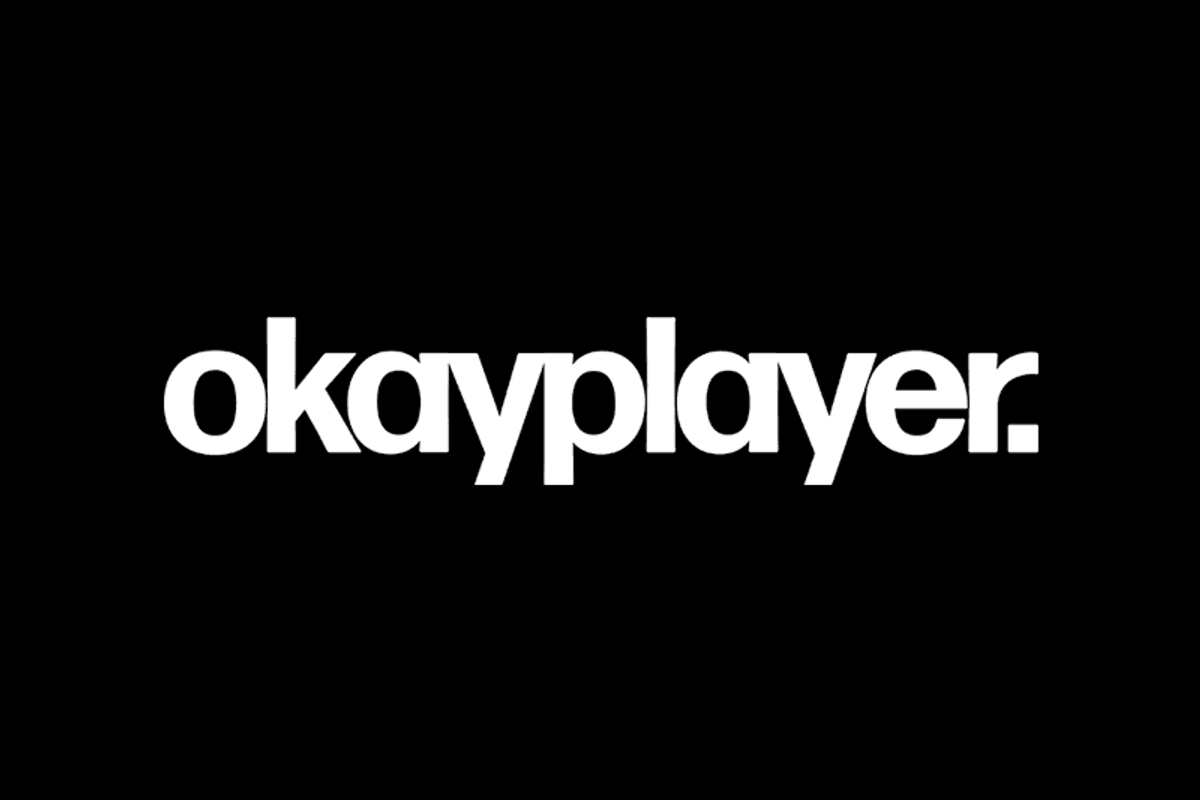
Five Things We Learned From André 3000's Insightful Interview With Rick Rubin
Photo by Paul R. Giunta/FilmMagic

André 3000 has served as the latest guest on Rick Rubin's Broken Record podcast. The pair's hour-long conversation finds them talking about everything from the respective projects they've been a part of to the emotional challenges they've faced as they've achieved fame. The exchange is insightful, and there's a lot to pick up on. So, here's five things we learned from André 3000's interview with Rick Rubin.
During his conversation with Rubin, 3000 acknowledges rap artists and groups like A Tribe Called Quest, Tha Dogg Pound, Snoop Dogg, and the Hieroglyphics as some of his early influences. (In regards to the latter group, he even recounts how he and Eminem had a phone call where the two recited different Hieorglyphics lyrics to each other.)
"The way Hieroglyphics were rapping at the time, it was completely new," he said.
Elsewhere, he also recalled how the first rap he wrote out of high school sounded "Q-Tip-ish." He also discussed how artists from different genres influenced him, including Rage Against the Machine.
"I wouldn't have done "Bombs Over Baghdad (B.O.B.)" if it wasn't for Rage Against the Machine," he said. "I felt urgency in their music so I was like, "How can I add urgency to what we're doing?"
Also during this point, the artist reflected on the 1995 Source Awards and his now-historic "The South got something to say" comment.
"I know people look at the footage of us winning the Source Award and what I had to say onstage like, 'Ah, it was messed up they were being booed.' But I think that was the biggest blessing for us, to have to just be better," he said. "To have to fight and really prove that we were really into what we were doing."
"Instrumental music. I was just turned on to Steve Reich. I knew Philip Glass and then somebody said, "If you like Philip Glass you'll love Steve Reich," Three Stacks said.
"I kind of like music I can have my own thoughts to," he added.
"My focus is not there. My confidence is not there," he said. "I tinker a lot...I haven't been motivated to do a serious project. I'd like to, but it's just not coming."
"Even melody-wise, I'm getting sick of my melodies because they seem like they're tied to something that I know," he continued. "So I try to just throw notes anywhere..."
During this topic, 3000 reveals that he was diagnosed years ago and how even though isolation isn't good for his disorders, he feels most comfortable being isolated.
"I spend 95 percent of my time by myself. That gives you time to analyze, and the brain loves to find problems even if they're not there," he said. "So you have to find ways to kind of break out of that kind of thing."
"There have been times where I've prayed to a God that I didn't even know existed, like, 'I'd rather you take this away from me. All of this, if I could just feel normal. Take the voice career, all that shit, you can have it. If I can feel normal,'" he added. "But it don't work like that."
Throughout the year came reports that people had seen 3000 in airports and walking the streets of Philadelphia playing a bass clarinet. But how did he pick up the instrument in the first place? Well, that's thanks to John Coltrane.
"I read that Coltrane played clarinet first before he played saxophone, so that made me try clarinet," he said. "The bass clarinet is where it's at for me."